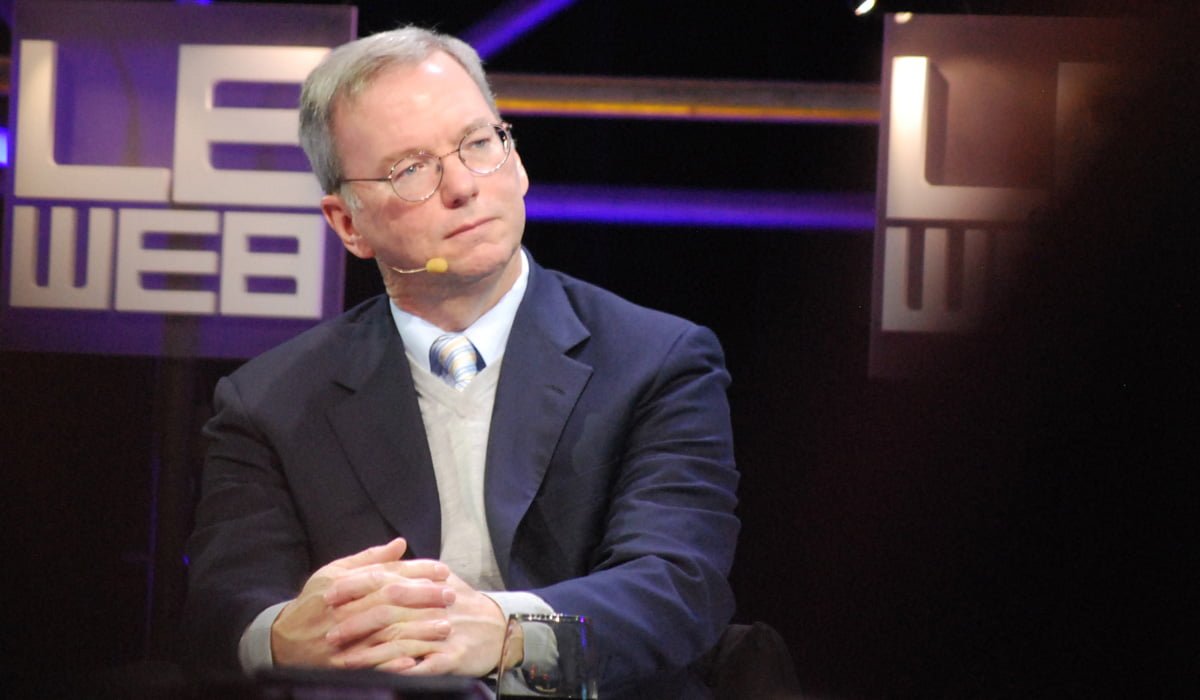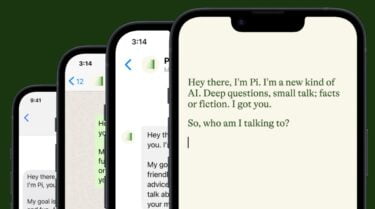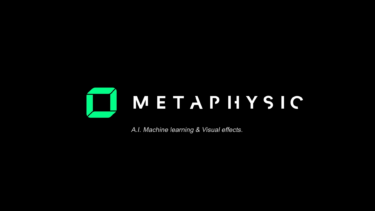Ex-Google CEO Eric Schmidt believes the impact of artificial intelligence on humanity is significant - and even more far-reaching than social media. He is investing in researchers who want to solve the fundamental problems of artificial intelligence so that it can develop its potential for the benefit of mankind.
Former Google CEO and Executive Chairman of Alphabet Eric Schmidt is launching the "AI2050" fund with $125 million for AI research and development. The fund is managed by Schmidt Futures, a philanthropic initiative of Eric and Wendy Schmidt.
The grants will go to leading scientists working on the "hard problems" of artificial intelligence. Companies are excluded from the funding. Among the first grantees are AI researcher Stuart Russell of Berkeley University and John Tasioulas, professor of ethics and philosophy of law and director of the Institute for Ethics in AI at Oxford University.
Schmidt's vision starts with the end
Schmidt puts a vision at the beginning of his funding proposal: the year is 2050, and AI has proven to take society far forward. It is recognized as a useful technology. What happened in the years leading up to it?
Schmidt and colleagues summarize the hard problems on the way to this vision on "AI2050's Hard Problems Working List." The overarching goal: Develop more capable and more general AI, that is safe and earns public trust
There are currently ten items on the list, outlining topics including security and control, more general AI systems, economic and environmental challenges, access to AI, and responsible research.
AI in society: Schmidt expects major changes
According to Schmidt, his motivation for the grant is that while the fundamental problems of AI are often talked about, not enough work is done to solve them. Mistakes like those made with the introduction of social media need to be avoided, he says.
“I don’t think we understood the impact of society from social media — both the positive and the negative. And AI has the potential to have both a greater positive and negative impact, because of its ability to understand and target and change people’s behaviour, belief systems,” Schmidt tells the Financial Times.
In the early days of social media, no one considered that elections could be disrupted via these platforms, or that they "would be used to disrupt elections or to shape every aspect of our lives, opinions and actions," Schmidt said. People therefore need to address potential unintended consequences of artificial intelligence early on.
For a positive AI future, he said, people's interests must be at the center of development. Schmidt expects fundamental societal changes: “AI will cause us to rethink what it means to be human,” Schmidt says.







